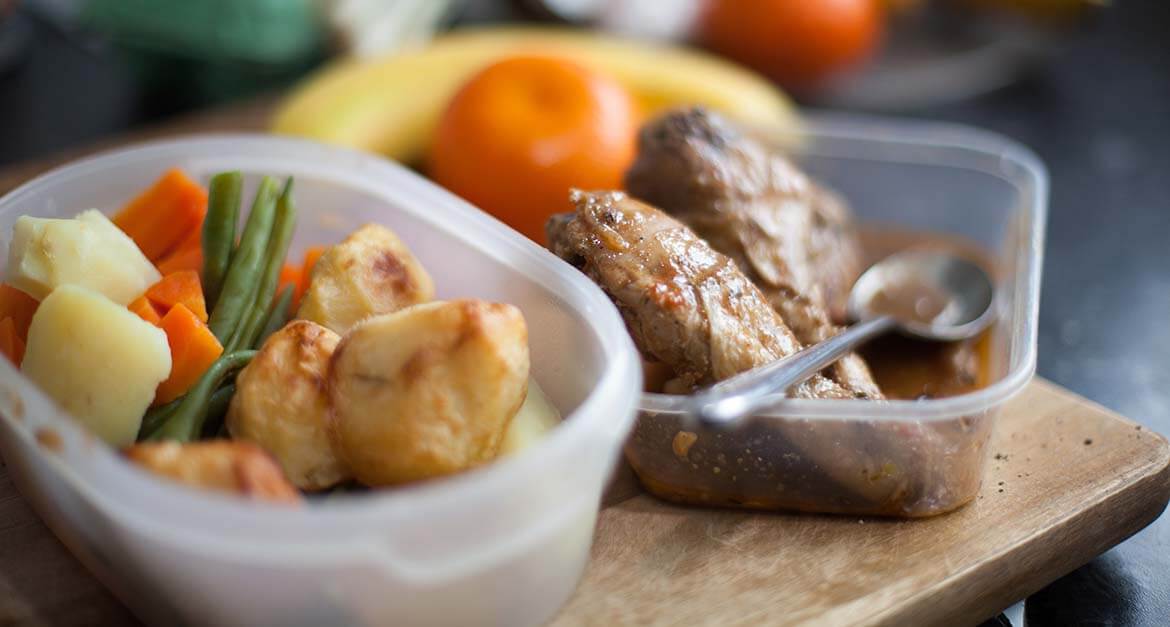
12 planet-saving tips for working from home
For lots of us, our homes are now doubling as offices and, with winter just around the corner, the cost of heating and powering homes throughout those colder months is starting to play on minds.
Climate Week (14-20 September) is a great opportunity to get wise to the cost-saving potential of simple actions we can all take – not to mention the positive impact on our carbon footprints.
With help from Home Energy Scotland and our pals at Love Food Hate Waste Scotland, we’ve pulled together some hints and tips to help us all avoid unnecessary waste, as well as curbing our contribution to climate change.
Getting canny on electrical kit
1. Clever cuppa. Filling the kettle with only the water that you need for your tea or coffee will save energy and take less time to boil. It’ll all add up to savings of around £6 a year on your energy bill, plus you’ll still make that meeting in two minutes’ time!
2. Get smart on computer settings. Switching your laptop off at the wall when not in use, instead of leaving it on standby, could save you around £7 a year – plus it’ll prevent the release of around 13kg of carbon dioxide equivalent into the atmosphere.
Similarly, only charging when you need to and limiting use of a desktop screen can help you save pennies and avoid wasted energy.
3. Light bulb moment. It’s a simple fix but switching to energy efficient bulbs is better for purse and planet. By switching all internal lightbulbs to LEDs, the average Scottish home could save around £40 a year.
What’s more, LEDs last longer. Replacing a 50W halogen bulb with an LED will save around £75 over the bulb’s lifetime – and that doesn’t include savings from reduced bulb replacement.
4. Spotlight on you. Using a desk lamp instead of lighting a large room can also really help save energy and money. Making sure you turn lights off when you leave a room, regardless of how long for, will do the same. It’s a myth that it’s not worth doing if you’re only nipping to the loo!

5. Check heating controls. Make the most of technology where available. Most central heating systems can be set to go off when the temperature is comfortable while some systems allow users to heat only a particular room instead of the whole house. Turning your central heating thermostat down by just 1C could save you £60 a year.
6. Hot desk. If you have space, set up your ‘desk’ in the warmest room in the house and move your workspace throughout the day if the temperature varies.
Just make sure you keep your display screen equipment (DSE) in mind wherever you’re working – the Health and Safety Executive has a workstation checklist covering common risk factors.
7. Every little helps. You might be surprised how much small actions like dressing for the weather (ALL the cosy jumpers), keeping doors closed in heated rooms and using draft excluders can help keep you toasty while you’re typing!
Small actions like dressing for the weather (ALL the cosy jumpers), keeping doors closed in heated rooms and using draft excluders can help keep you toasty while you’re typing! #HowToWasteLess
Share on
Busting hunger while wasting less
8. Meal planning is one of the best things we can all do to save money and make the most of the food we buy. Eating three meals a day at home might take some getting used to, so why not try planning breakfast, lunch and dinner for five days out of seven?
It’ll help you buy only what you need and avoid good food going to waste, but leave you some wiggle room in case you fancy a cheeky takeaway.
9. Lunch is made for leftovers. A great way to use up leftover dinner is to have it for lunch! No hassle and a scrummy midday meal that can be warmed in the microwave in minutes – what’s not to love?
Batch cooking meals and storing extra portions is also a great lunch solution. Just move portions to the freezer if they won’t be eaten within a couple of days.
A great way to use up leftover dinner is to have it for lunch! No hassle and a scrummy midday meal that can be warmed in the microwave in minutes – what’s not to love? #HowToWasteLess
Share on

10. Use shortcuts. Could you use the microwave instead of the oven? These often use less energy as they don’t need time to warm up to the correct temperature, and they’re smaller. If you are using the cooker, ovens and hobs will retain their heat for a few minutes after you turn them off as they take time to cool down.
11. Try a ‘freezer forage’. Often we go out to buy food when we don’t really need to – spending more cash than intended and ending up with food that may be wasted. Instead of venturing to the shops, have a really good look in the freezer and cupboards. You could turn up something yummy you’d forgotten about.
12. Crafty on cleaning up. When washing dishes, filling a washing up bowl instead of continuously running the tap for 10 minutes saves around 50 litres of water and around £25 a year. Running the dishwasher could be even better if you have an efficient one – just make sure it’s full when you put it on and use an ‘eco’ setting where possible.
Help is out there!
There’s support and funding available if you’re thinking about bigger energy efficiency changes to your home – from double glazing to solar panels. To access free, expert advice from Home Energy Scotland call 0808 808 2282, or visit homeenergyscotland.org.
